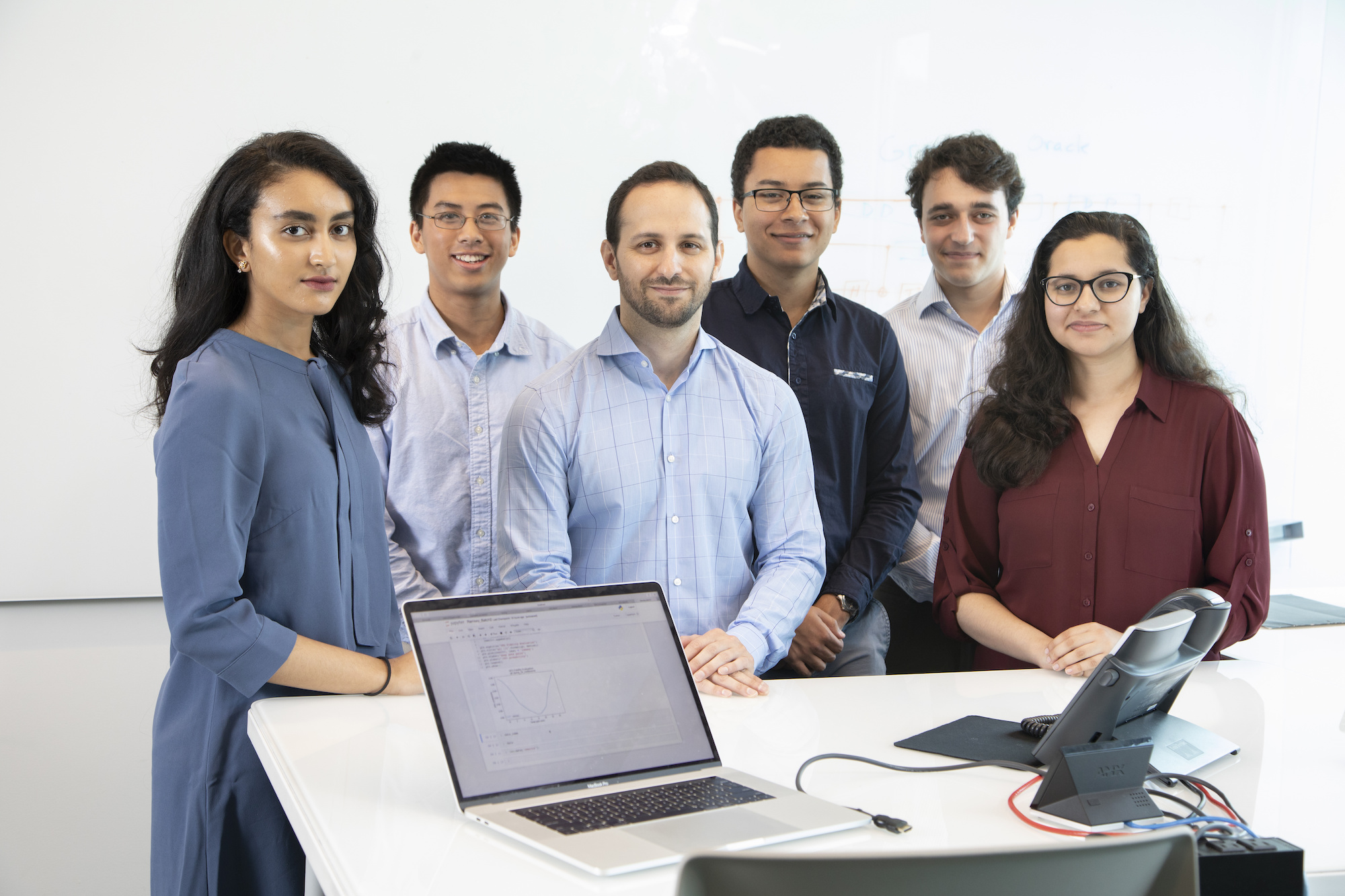Press Release
Training a Dragon: Protecting Quantum Algorithms on ‘Noisy’ Computers
Quantum computing has advanced to the point that both small- and intermediate-scale machines are publicly accessible through organizations such as IBM and Rigetti, enabling researchers to test out theories and perform experiments. But these systems are highly susceptible to decoherence (more commonly called noise in the quantum world), and quantum algorithms perform badly on noisy hardware.
“Decoherence occurs when qubits — the building blocks of quantum computing — lose information to their environment,” explained Greg Quiroz, a theoretical physicist at the Johns Hopkins Applied Physics Laboratory (APL) in Laurel, Maryland. “Such processes create significant challenges when one tries to leverage quantum systems for dedicated tasks, like sensing magnetic fields or performing a quantum computation.”
Some protocols for combating errors have been worked out theoretically. These ideas have gone through limited experimental testing in small-scale labs, but they can be applied broadly and will work on available quantum systems, providing an exciting test opportunity.
APL has applied its engineering and physics expertise to reducing the effect of noise on quantum systems for years, exploring optimal device designs, understanding and reducing noise, and improving supporting infrastructure. Researchers are now testing strategies for combating errors to improve the performance of quantum algorithms on NISQ [noisy intermediate-scale quantum] computers.
“We are using two different techniques in our investigation,” Quiroz explained. “We are mitigating errors using dynamical decoupling, which combats the error by effectively averaging out the environmental noise. We are also avoiding the errors altogether by creating a decoherence-free subspace that makes the system itself blind to the noise.”
This research could lead to a significant improvement in the computational accuracy of quantum algorithms.
Interns from APL’s Cohort-based Integrated Research Community for Undergraduate Innovation and Trailblazing — or CIRCUIT — program played a critical role in developing the theoretical techniques for mitigating noise on a quantum computer.
“The work we’ve been doing at APL has been focusing on the characterization and control of quantum systems, and that means basically understanding the noise environment that a quantum system is susceptible to and then figuring out how to better control the system to perform computations while mitigating the noise that the systems sees,” Quiroz explained.
“Theoretically, we know these algorithms should work, and we’ve done small-scale experiments to show that these methods work here,” he continued.
The interns tested these methods on the IBM Q Experience, an online platform that offers public access to a set of prototype quantum processors. “It provides a nice playground to test new types of algorithms for near-term quantum computers, as well as to test theoretical techniques that we have for mitigating, avoiding or correcting errors,” Quiroz said.
The interns helped move the needle on work APL had undertaken. In fact, they inspired the name of the effort: How to Train Your Dragon.
“My kids were really into the ‘How to Train Your Dragon’ movie franchise when I learned about the CIRCUIT program,” explained APL quantum researcher Joan Hoffmann, the program manager for Alternative Computing Paradigms. “The gist of [that story] was that a younger generation of Vikings realized, with thoughtful determination, they could learn to control dragons, harnessing the special powers of the dragons for good. It was a fun analogy for what we could do by combining undergraduates in CIRCUIT with the IBM Quantum Experience.”
The results are encouraging, Quiroz said. “They show us that a lot of these theoretical methods that have been developed may be useful for larger quantum computers and actually near-term quantum computers as methods for improving quality computations,” he said.
The Laboratory’s work on error avoidance protocols has been funded through the Department of Energy’s Quantum Computing Applications Team program. The APL team is part of a multi-institutional effort led by Oak Ridge National Laboratory and includes collaborators from the University of Southern California and the University of Maryland.
Quantum: Imagine the Impact Event
Quantum computing will be the focus of APL’s third annual Research Frontiers Forum, “Quantum: Imagine the Impact.” The virtual event, set for Oct. 22 and 23, will grant attendees — from academia, industry and government — a perspective on quantum research, including basic science and application, and the policies that will connect them.
